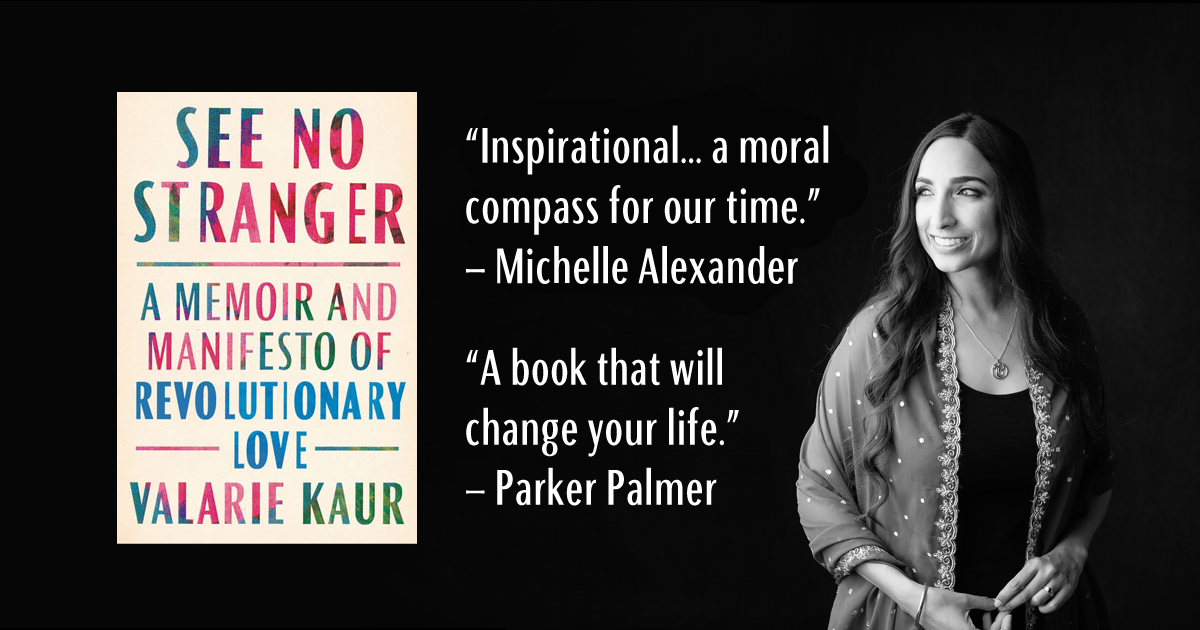“I was part of this generation of Sikh
advocates who had this frame that if the nation only knew who we were, then it
would be enough, then it would stop this tide of hate,” Valarie Kaur tells
Observer on a phone call, not trying to hide the pain in her voice. “But
knowing is not enough. We have to be agents of revolutionary love.”
Kaur’s new memoir, See No Stranger,
(originally published :16th June 2020 )is an account of her effort to learn, teach, and live that ethic.
Her family’s story in America, she writes, starts with her paternal
grandfather, Kehar Singh, or Bab Ji, who came to the United States in 1913 and
was immediately imprisoned in line with the country’s racist immigration
policies. A white immigration attorney, Henry Marshall, filed a writ of habeas
corpus on his behalf and he was released. He became a farmer in California’s
central valley, where her family has lived since. If Marshall had seen her
grandfather as a stranger, Kaur writes, she would not have even been born.

Kaur finds examples of
revolutionary love across many faith traditions: "When we think about
Jesus has called to love our neighbor as ourself; or Abraham's decision to open
his tent to all; or Buddha to have compassion for all; or Mohammad's to take in
the orphan; or Mirabai in the Hindu tradition to love without limit; when we
love without limit, then it is revolutionary ... then it becomes a force for
interior and political and social and cultural and spiritual change."


.jpg)





No comments:
Post a Comment